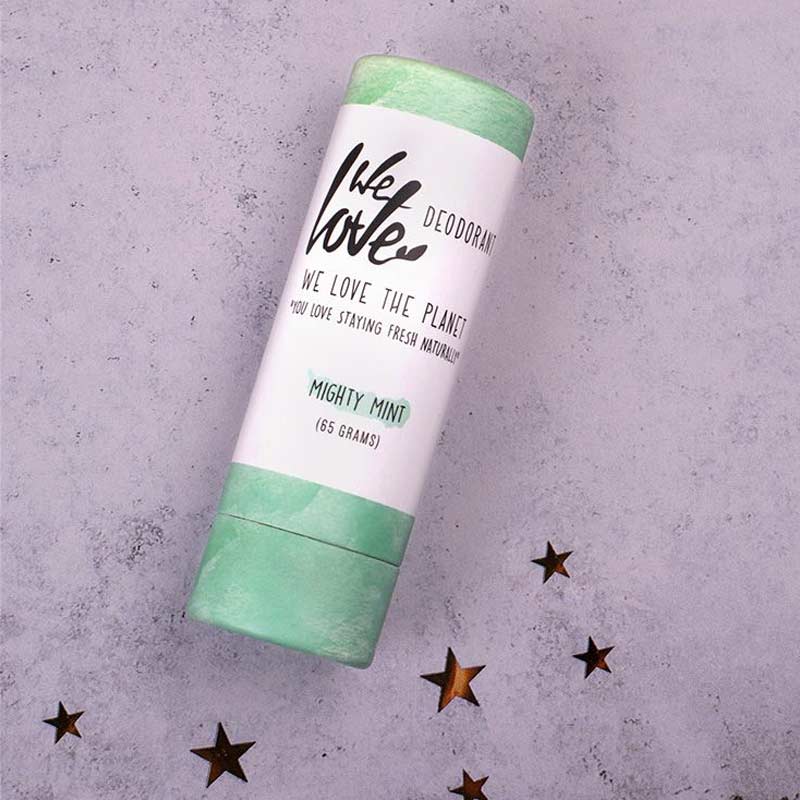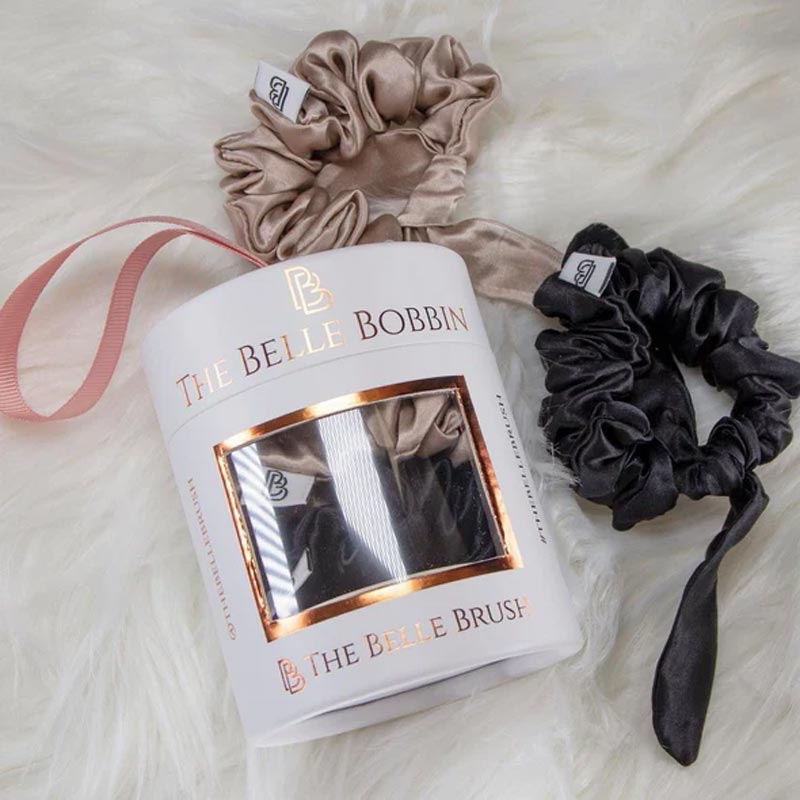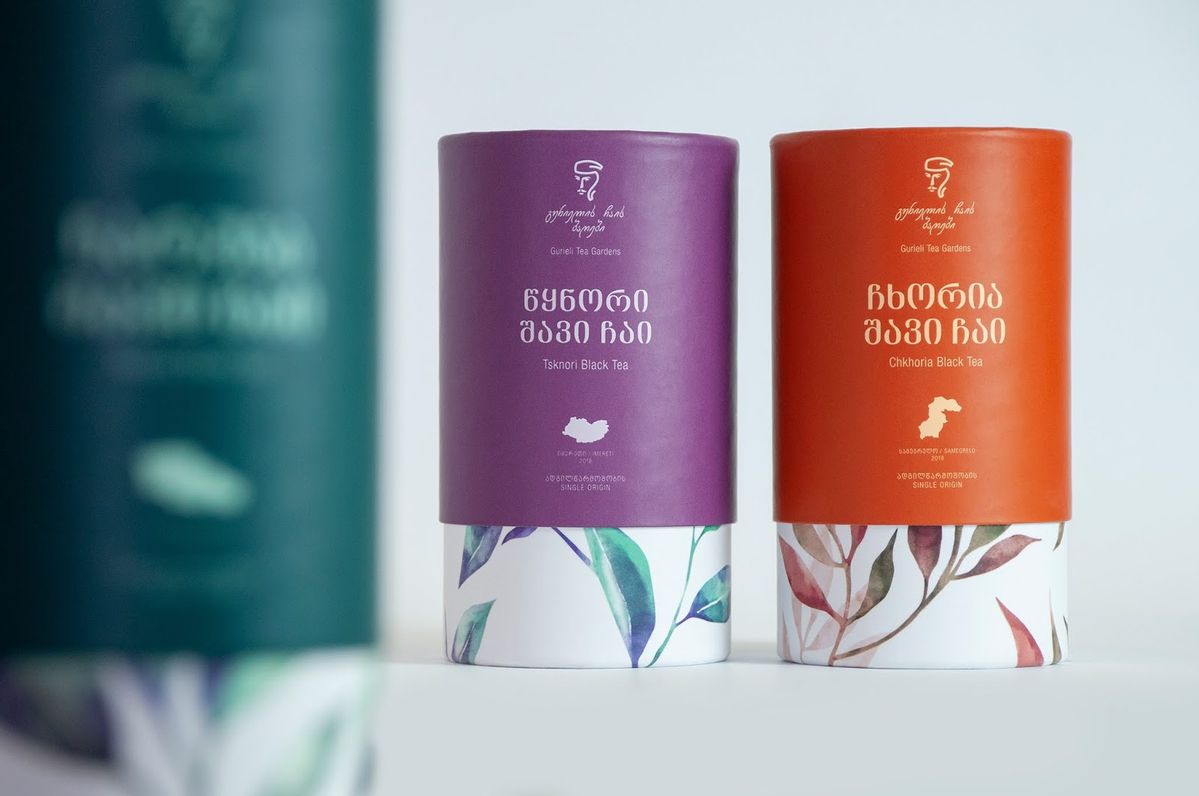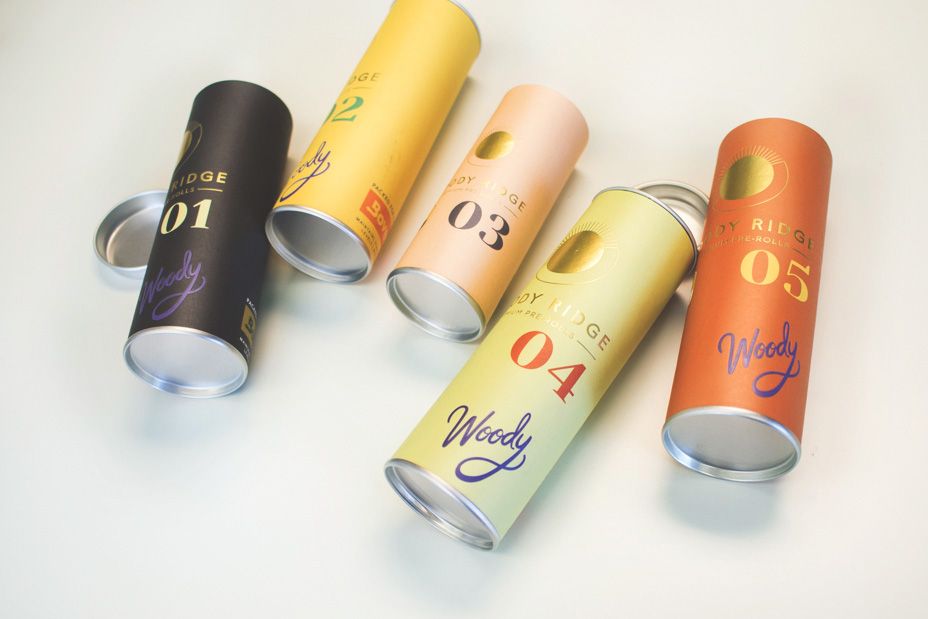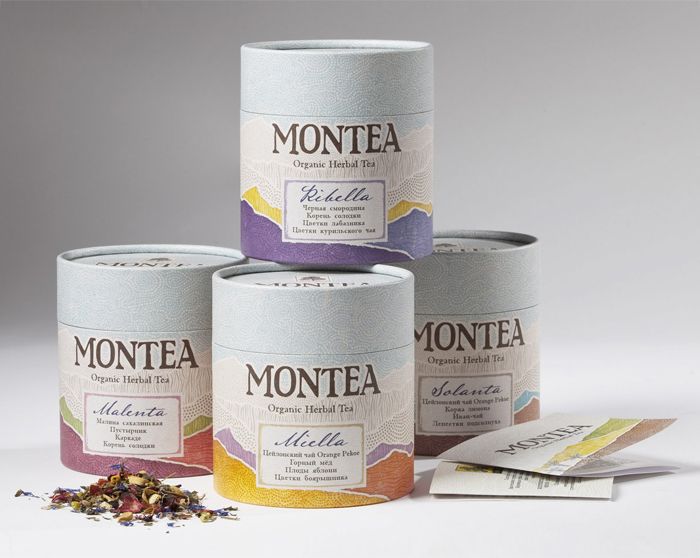
You’ve perfected your product, and now it needs packaging that reflects its quality. A flawed paper tube design can derail your launch, leading to production delays, wasted budget, and a subpar product on the shelf. Avoiding these seven common mistakes is the key to a smooth, successful, and cost-effective packaging process.
Mistake #1: Neglecting Structural Dimensions
Jumping straight into graphics without finalizing the structure is the most common paper tube design error.
The Cost: Your beautiful design is rendered useless if the tube can’t hold your product. This means paying for new files and delaying your timeline.
The Fix: Start with volume. Calculate the needed internal dimensions based on your product’s weight and density. For example, 500g of loose cereal (density ~0.25 g/cm³) needs a much larger volume than 500g of dense salts. Confirm these dimensions with your manufacturer before you design.
Mistake #2: Using Raster Images Instead of Vector Graphics
Using JPGs or PNGs for logos and text is a critical error in paper tube design for print.
The Cost: Blurry, pixelated printing that looks unprofessional. The entire print run may need to be scrapped.
The Fix: All logos, icons, and text must be created as vector graphics in software like Adobe Illustrator. Vectors scale infinitely without quality loss, ensuring razor-sharp edges on the final tube. Always supply AI or PDF files with fonts outlined.
Mistake #3: Ignoring Material and Printing Compatibility
Designing a complex, full-color graphic for a rough, uncoated kraft paper tube.
The Cost: The final print will look muddy and splotchy. The porous surface absorbs ink, ruining fine details and color vibrancy.
The Fix: Let the material guide your paper tube design.
Glossy Art Paper: Ideal for high-detail, photorealistic printing.
Kraft/Recycled Paper: Embrace a minimalist, 1-2 color design or use foil stamping for a premium look.
Textured Paper: Often best with little to no ink, letting embossing or foil stamping do the talking.
Mistake #4: Designing Without a Dieline
Designing in a vacuum without the factory’s blueprint is like building a house without a foundation.
-
The Cost: Critical information is cut off, or the graphic has an unsightly, misaligned seam. This results in a 100% waste rate for the printed labels.
-
The Fix: Always request and use the dieline. This file marks the exact print area, bleed (3mm is standard), trim line, and seam location. To eliminate this risk, manufacturers like Allpapertube provide a custom dieline for your project, guaranteeing your design is built on a perfect template from the start.
Mistake #5: Poor Color Contrast and Legibility
Choosing aesthetics over readability with low-contrast color schemes.
-
The Cost: Your brand name and key selling points are invisible from a few feet away. You lose a customer in three seconds on a crowded shelf.
-
The Fix: Ensure a stark contrast between background and text. A simple test: convert your design to grayscale. If the text blends into the background, strengthen the contrast.
Mistake #6: Using Fonts and Lines That Are Too Small
Specifying tiny legal text or hairline rules on a small-diameter tube.
-
The Cost: Text becomes unreadable, and fine lines disappear during printing. This is especially true for foil stamping and embossing, where detail is lost.
-
The Fix: Enforce minimums. Body text should not be smaller than 2.0mm. The stroke width for all lines must be greater than 0.2mm. This ensures they survive the printing and finishing processes.
Mistake #7: Failing to Request a Physical Prototype
Approving production based on a digital mockup alone.
-
The Cost: Discovering a color, size, or feel you dislike after manufacturing 10,000 units is a catastrophic and expensive error.
-
The Fix: Always order a hard proof. A physical sample is the only way to verify the true color, material texture, structural integrity, and overall hand-feel of your paper tube design.
Perfect Your Design, Protect Your Investment
Your paper tube design is a crucial investment in your brand. By sidestepping these seven common pitfalls, you protect your budget, your timeline, and your product’s reputation. A disciplined, detail-oriented approach to your packaging file preparation is the ultimate strategy for a flawless market entry.
Ready to get it right the first time? Partner with a Allpapertube Packaging manufacturer that guides you through the process.



